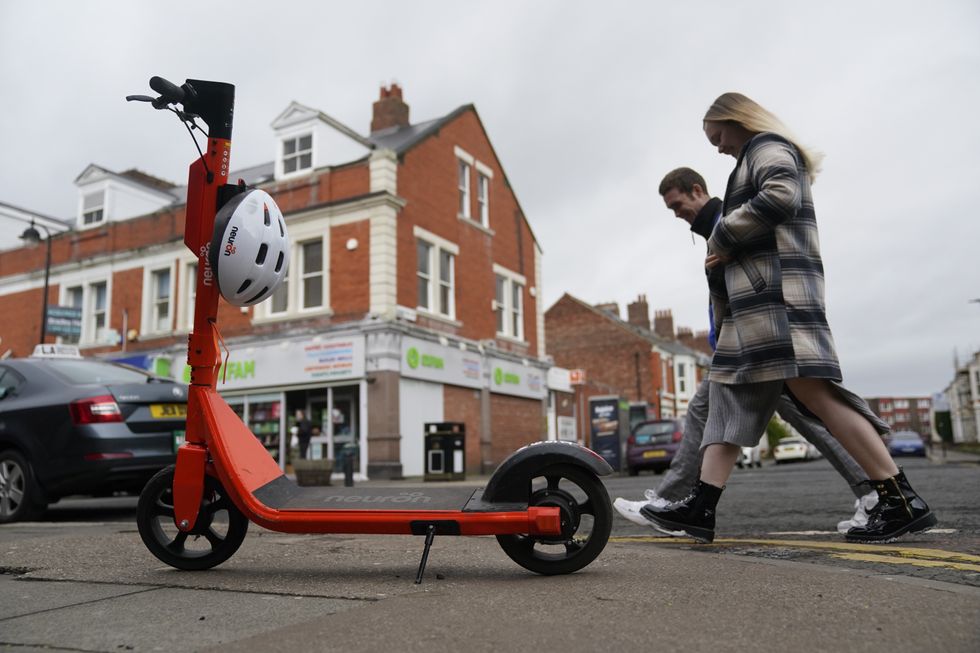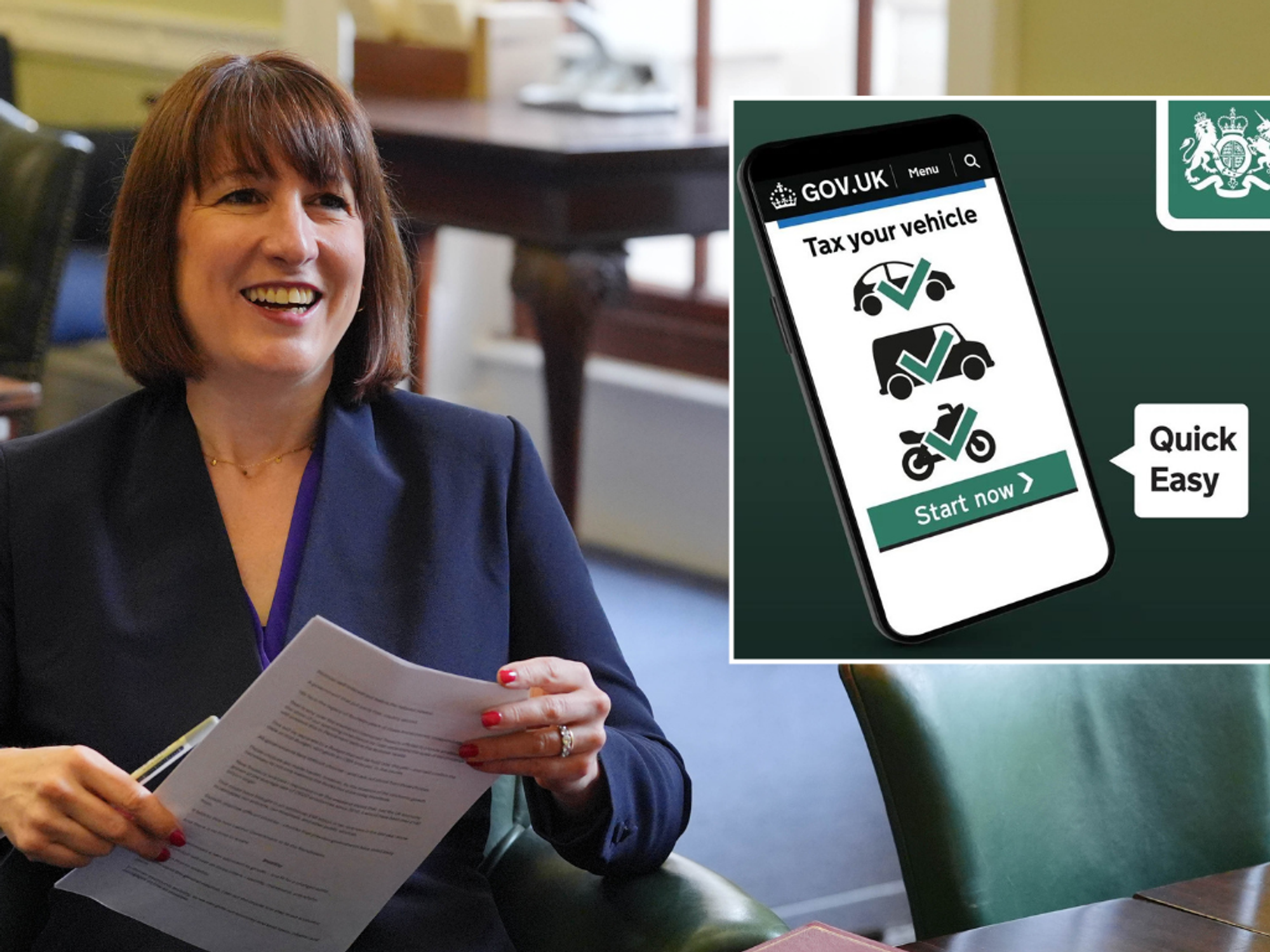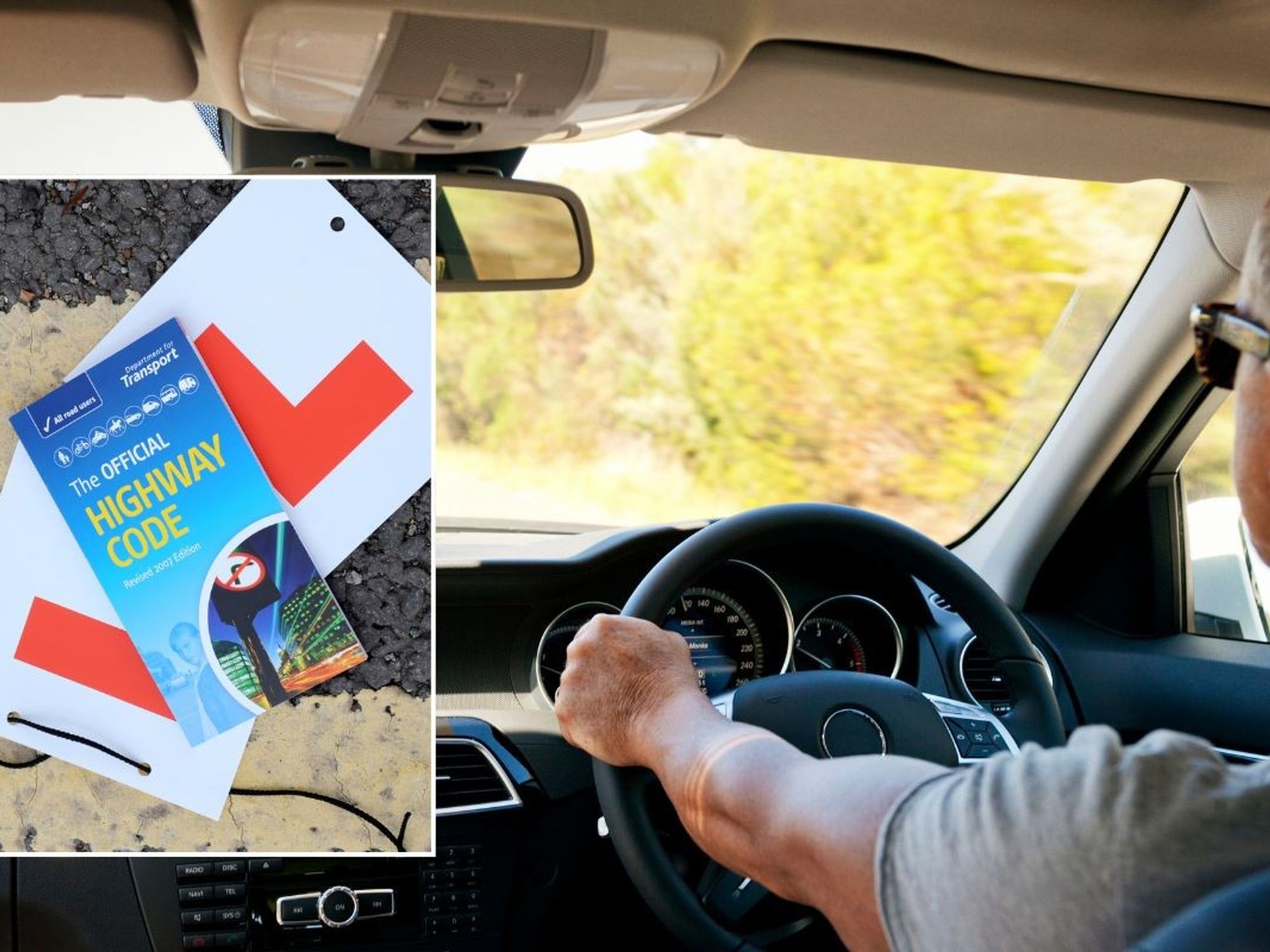Department for Transport commissioned a report into e-scooter safety and pavement usage
Don't Miss
Most Read
Trending on GB News
Britons have been warned that e-scooters could be permitted to travel on UK pavements at lower speeds to help increase mobility options for disabled and vulnerable people.
The recommendation comes from a comprehensive study which detailed how allowing e-scooters to use the pavement would provide clear accessibility benefits for those with mobility impairments.
However, the report by Transport Research Laboratory did acknowledge legitimate concerns about potential conflicts between e-scooters and pedestrians, particularly affecting visually impaired people and the elderly.
To address these safety concerns, the study recommended that if e-scooters were permitted on pavements by the Department for Transport, they should be forced to adhere to lower speeds of 4mph while on footways.
Do you have a story you'd like to share? Get in touch by emailingmotoring@gbnews.uk

E-scooters could be allowed on pavements if operating at lower speeds
PA
The study found that many disabled individuals viewed e-scooters as a potential alternative to mobility scooters, offering greater independence in urban environments.
However, researchers highlighted how allowing e-scooter use on pavements must carefully balance the mobility needs of some groups against the safety concerns of others.
During stakeholder consultations, disability charities raised particular concerns about the impact on visually impaired pedestrians and those with restricted mobility who cannot quickly move aside.
The report detailed: "Some organisations raised that they felt strongly that they did not want there to be a separation or distinction between micromobility for disabled people and micromobility for non-disabled people as this was felt to be discriminatory."
Disability groups highlighted that current mobility aids can be prohibitively expensive, with "very little funding" available and "very long waiting times."
The research included interviews with 20 disabled people, aged between 26 and 66 years old, covering a range of disabilities and health conditions.
However, some participants indicated how e-scooters could be "good for those with mobility issues to have a bit more independence," particularly for those who find extended walking painful.
The recommended 4mph speed limit recommendation also mirrors existing regulations for mobility scooters, which are currently permitted to operate at this speed on pavements.
The report also suggested this established precedent provides a practical framework for safe shared use of footways. If approved, manufacturers would be required to ensure these speed limitation systems cannot be easily defeated or tampered with.
The report also noted that e-scooters should be fitted with systems capable of measuring speed independently and potentially using GPS technology.
However recent fire incidents in London have highlighted the urgent need for more comprehensive e-scooter regulations.
It comes after two homes were destroyed this week in separate fires involving an e-scooter and e-bike less than 24 hours apart in West Hampstead and Feltham. Both fires were caused by catastrophic lithium battery failures, according to London Fire Brigade.
LATEST DEVELOPMENTS:
 E-scooters are more susceptible to fires when chargingGETTY
E-scooters are more susceptible to fires when chargingGETTYDeputy Assistant Commissioner Richard Field said: "When these batteries fail, they can cause ferocious fires, and the consequences can be devastating."
Last year London saw 142 e-bike fires and 29 e-scooter fires, an equivalent of one incident every other day. Three people have died in e-bike battery fires in London since 2023, with over 100 people injured.
The Brigade has now urged owners to use correct chargers, avoid charging devices in escape routes, and never charge unattended or while sleeping. The research also makes key recommendations on braking systems and structural integrity for e-scooters.









